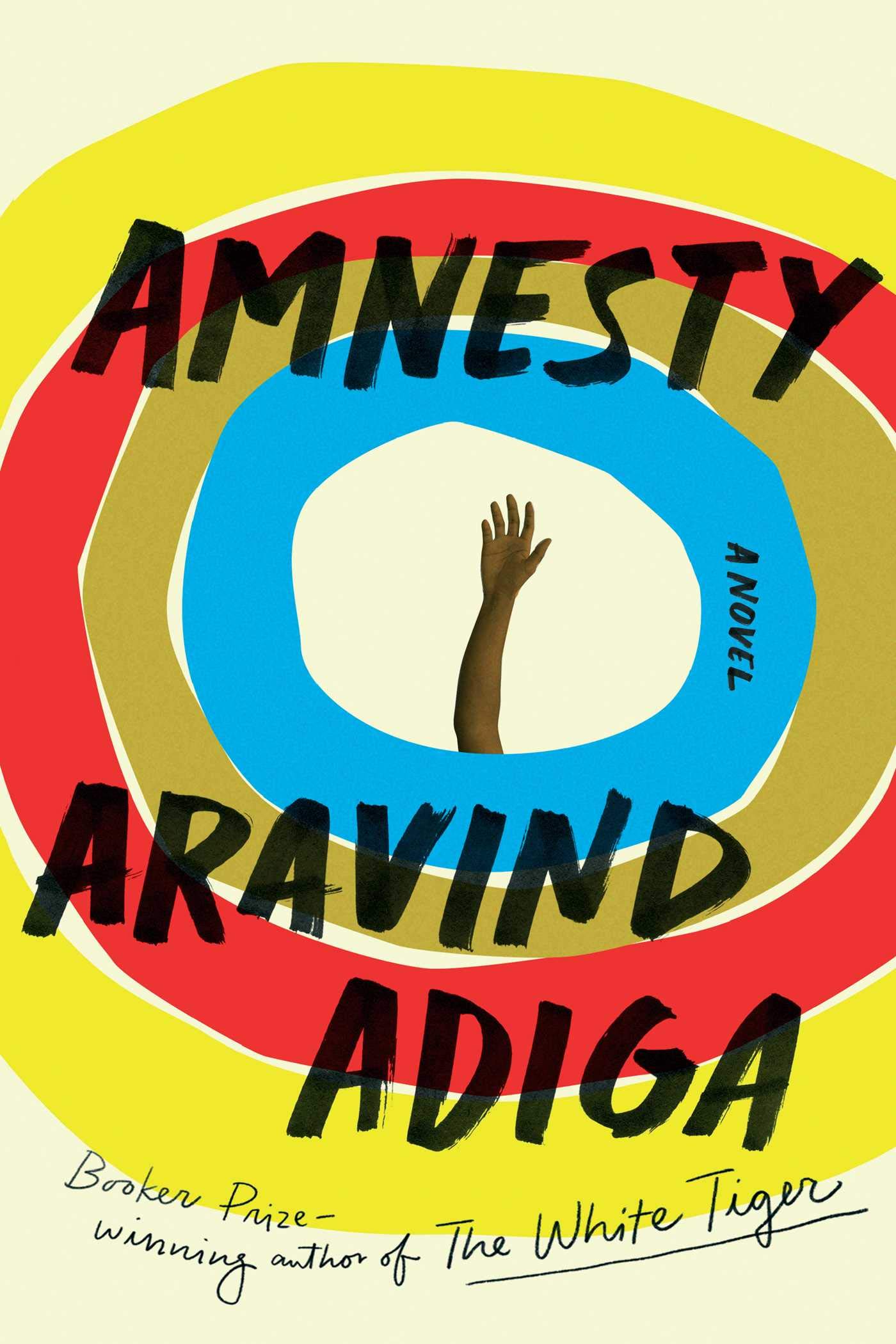
So, it took me a couple of tries to really dig into this novel. I had a little bit of trouble getting into the discursive voice that predominates in Deepa Annapara’s Djinn Patrol on the Purple Line (Random House, 2020), which is given over to a young teen named Jai. Let’s let the editorial description give us some more information: “In a sprawling Indian city, three friends venture into the most dangerous corners to find their missing classmate. . . .Down market lanes crammed with too many people, dogs, and rickshaws, past stalls that smell of cardamom and sizzling oil, below a smoggy sky that doesn’t let through a single blade of sunlight, and all the way at the end of the Purple metro line lies a jumble of tin-roofed homes where nine-year-old Jai lives with his family. From his doorway, he can spot the glittering lights of the city’s fancy high-rises, and though his mother works as a maid in one, to him they seem a thousand miles away. Djinn Patrol on the Purple Line plunges readers deep into this neighborhood to trace the unfolding of a tragedy through the eyes of a child as he has his first perilous collisions with an unjust and complicated wider world. Jai drools outside sweet shops, watches too many reality police shows, and considers himself to be smarter than his friends Pari (though she gets the best grades) and Faiz (though Faiz has an actual job). When a classmate goes missing, Jai decides to use the crime-solving skills he has picked up from TV to find him. He asks Pari and Faiz to be his assistants, and together they draw up lists of people to interview and places to visit. But what begins as a game turns sinister as other children start disappearing from their neighborhood. Jai, Pari, and Faiz have to confront terrified parents, an indifferent police force, and rumors of soul-snatching djinns. As the disappearances edge ever closer to home, the lives of Jai and his friends will never be the same again. Drawing on real incidents and a spate of disappearances in metropolitan India, Djinn Patrol on the Purple Line is extraordinarily moving, flawlessly imagined, and a triumph of suspense. It captures the fierce warmth, resilience, and bravery that can emerge in times of trouble and carries the reader headlong into a community that, once encountered, is impossible to forget.”
I had a mixed reaction to this novel when I finished it and let me proceed by stating I am only giving my readerly opinion. As a text with a politically engaged vision, this novel is an unqualified success. You certainly understand how the children and teens who populate the slums of the city are considered to be a kind of societal discard, so once they start disappearing, the slum inhabitants cannot rely on any official entities for help. The tragedy is that one of the most invested individuals in those disappearances in none other than our young narrator, who, without power or influence, really does try to see if he can make headway into these various mysteries. Annapara employs intercuts throughout the novel to show us the circumstances that lead up to each disappearance. There is enough ambiguity in each encounter to make you wonder who is behind these acts. Even when the novel eventually turns to the possibility that there is a child trafficking ring, there is truly no closure, which is perfectly apt given that what we have here is ultimately a kind of noir. My mixed reaction is that I found the novel a bit too episodic. Indeed, as each disappearance piles on to the next without any resolution to the last one, the lack of narrative resolution ultimately produced a sense of readerly ennui in me, even as I understood the gravity of the contexts that Annapara was providing us. But, I suppose, such a reaction makes one wonder about the balance one must strike between a compelling narratively plotted story and the politically textured work. To be sure, the novel’s focus on the trio of budding sleuths—Jai is working very hard alongside Pari and Faiz—makes for a winning combination, so there’s quite a lot to admire about this debut.
Buy the book Here:
https://www.penguinrandomhouse.com/books/609915/djinn-patrol-on-the-purple-line-by-deepa-anappara/


